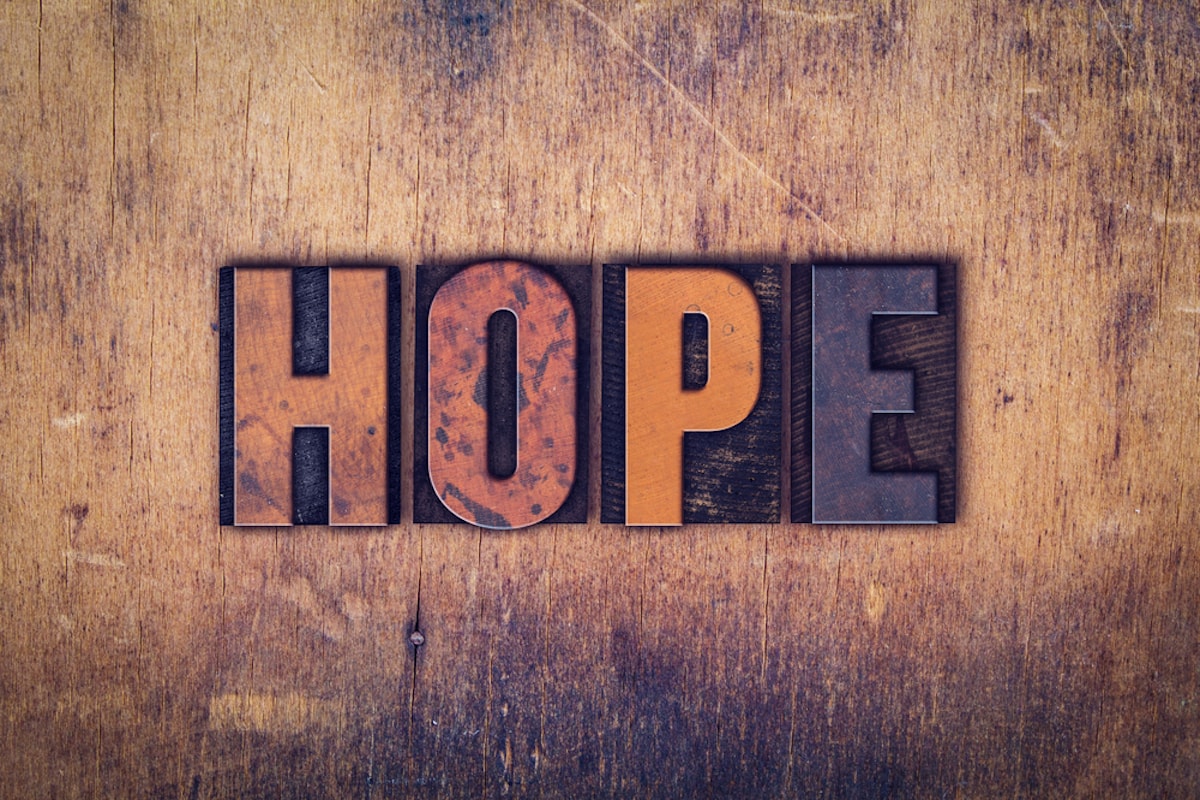The best leaders craft vision in a particular way. They draw on virtues that seem to be opposed to each other. On the one hand, they envision inspiring pictures of a preferred future. On the other hand, they confront the most brutal facts of current reality with precision and honesty.
Both are needed for an effective vision. Great leaders are visionary realists, not dreaming optimists.
The best leaders are visionary realists not dreaming optimists. Click To TweetIf you read this blog, you know that I am a fan of Jim Collins. His books on leadership and organizational development are some of the finest ever written. More importantly, I find his wisdom powerfully applicable to the Church – where leadership matters most. Good to Great, Great by Choice and How the Mighty Fall should be standard reading for pastoral leaders.
Jim Collins' principles are powerfully applicable to the Church - where leadership matters most. Good to Great, Great by Choice and How the Mighty Fall could be standard reading for pastoral leaders. Click To Tweet
One concept that Jim Collins developed is relevant for the Church today. It’s called the Stockdale Paradox. It’s named after Admirable James Stockdale who was the highest-ranking commander detained in the Hanoi Hilton. He was shot down in 1967 and remained a prisoner of war until 1974. He was tortured over 20 times during that period.
When Jim Collins interviewed Admirable Stockdale, he asked what kept him going during captivity. Stockdale had an unwavering belief that one day he would be set free. Collins summarized, “Oh, you were an optimist.” Stockdale sharply corrected him, “No I was NOT optimistic.” Collins was confused and requested an explanation.
“The optimists,” Stockdale said, “Were the ones who thought they’d be out by Christmas.” But Christmas would come and go and they weren’t set free. Then Easter would come and go. Summer too, followed by fall and then Thanksgiving. Year after year. The optimists suffered from a broken heart which weakened their immunity to the inhumanity of it all. It took their spirit and sometimes their lives.
Even deeper than his belief in eventual freedom, Stockdale believed that one day he would look back on this horrible period of time with gratitude. He knew it would become the defining moment of his life that, in retrospect, he wouldn’t trade for anything because of the valuable lessons learned.
Therein lies the meaning of the Stockdale Paradox. When you are facing great adversity and uncertainty you must never confuse an unwavering faith that you will triumph in the end with the discipline to confront the most brutal facts of current reality, that, “We are not getting out by Christmas or next year.”
The Church is facing grave adversity and significant uncertainty at this time. Even a cursory analysis reveals serious issues: clergy abuse, financial corruption, Bishops publicly opposing each other, decreasing in faith practice in the West, moral and theological confusion, lessening Catholic identify in age-old institutions. And the full impact of COVID is not yet known.
As we confront the most brutal facts of our current reality, are we animated by an unwavering faith that the Church will triumph or merely a shallow optimism that minimizes the problems? Do we have enough hope to not just vaguely sense a better future but to confront the most brutal facts of the current state? Will we look back on this time of difficulty with gratitude for the lesson we learned? I hope so.
Do we have enough hope to not just vaguely sense a better future but to confront the most brutal facts of the current state. Click To Tweet
The list above is abridged. Think of the vast number of laity disengaged from the evangelizing mission of the Church. Consider the gap between the ideal theological construct of the lay vocation with what is lived by the majority of people. Consider the number of clergy ministering in isolation and loneliness. Consider how many clergy suffer from low-grade depression, functional but not full of life. Think of the vast number of our beloved priests imprisoned by packed calendars, unrealistic demands and competing priorities. Consider the Catholic mega-institutions and mind the gap between what they are now and what they can be and should be for society.
Yes, we can claim the promise of scripture that “the gates of hell will never prevail,” but without confronting current reality with brutal honesty, quoting scripture might be empty optimism. As with the POWs detained in the Hanoi Hilton, superficial optimism is a deficient and problematic approach to current imprisonment.
Too many leaders are leading without hope. In the absence of hope, leaders will lack the vision to paint a picture of a preferred future and the courage necessary to interrogate reality for fear it might be worse than one thought.
Without hope, pastoral leaders lack the vision necessary to paint a picture of a preferred future and the courage to interrogate reality with brutal honesty and analytical precision. Click To TweetNow is no time for superficial optimism. It neither inspires vision nor confronts the brutal facts necessary to make progress. We need supernatural hope. We need the fire of the Holy Spirit to gives us a clear vision and courage to fuel our discontent until we are what we should be and in being so, set the whole world ablaze.
We need the fire of the Holy Spirit to gives us vision and courage to fuel our discontent until we are what we should be and in being so, set the whole world ablaze. Click To Tweet Deep and abiding hope must animate our vision and fuel our discontent until we are what we should be and in being so, set the whole world ablaze. Click To Tweet
